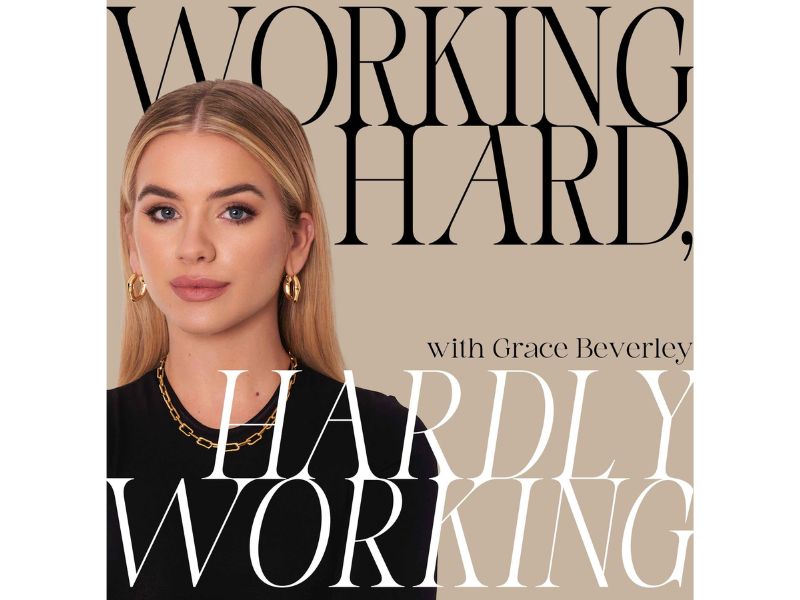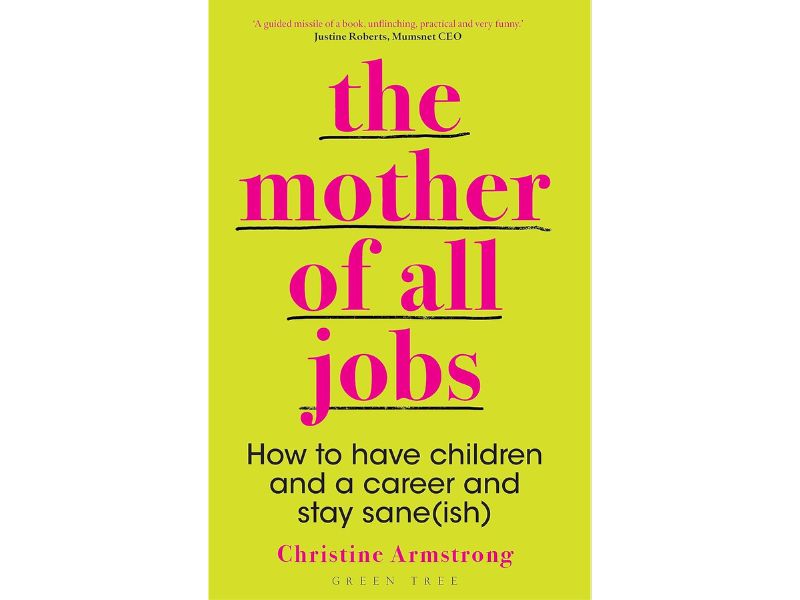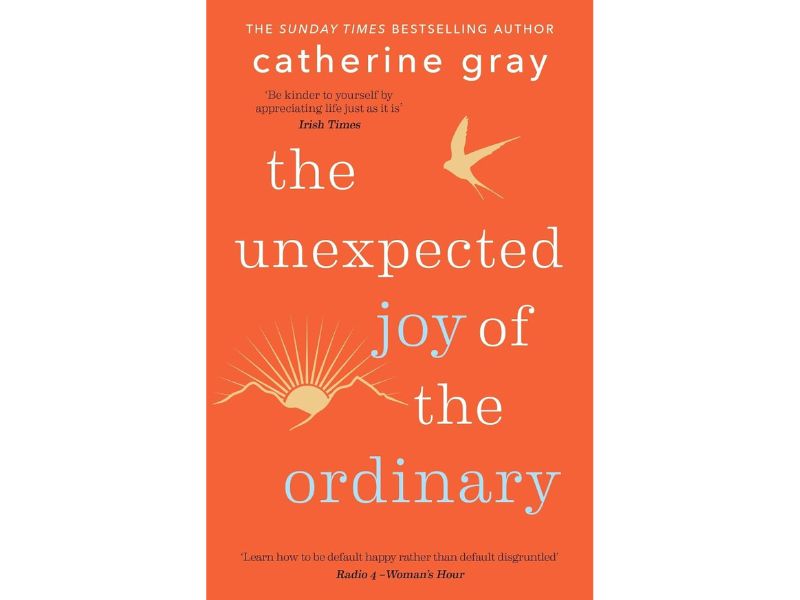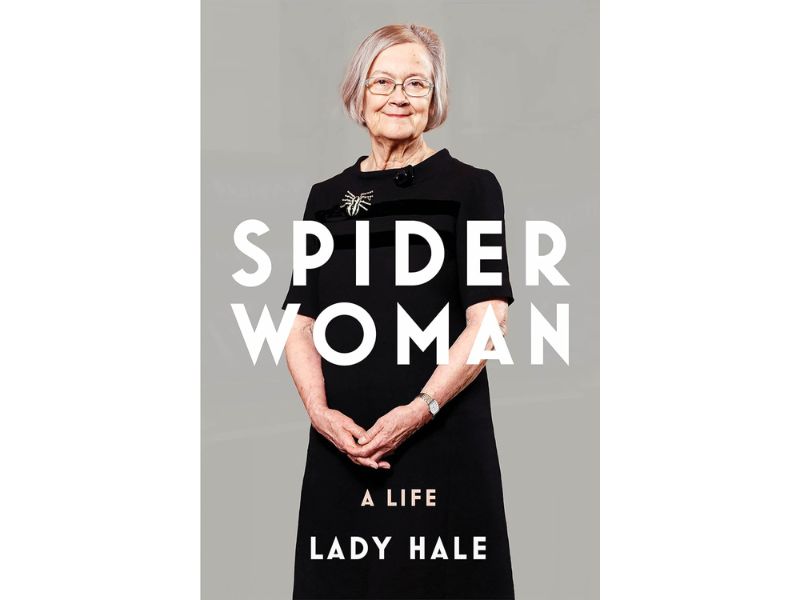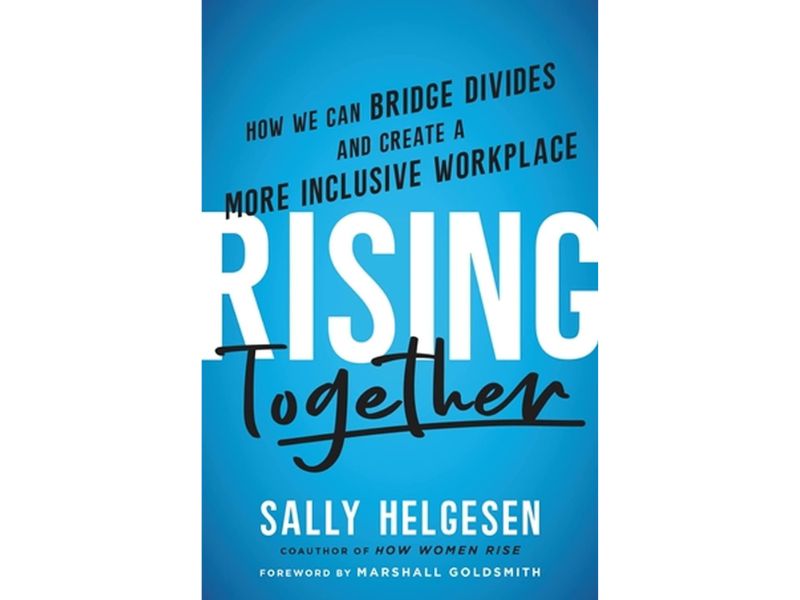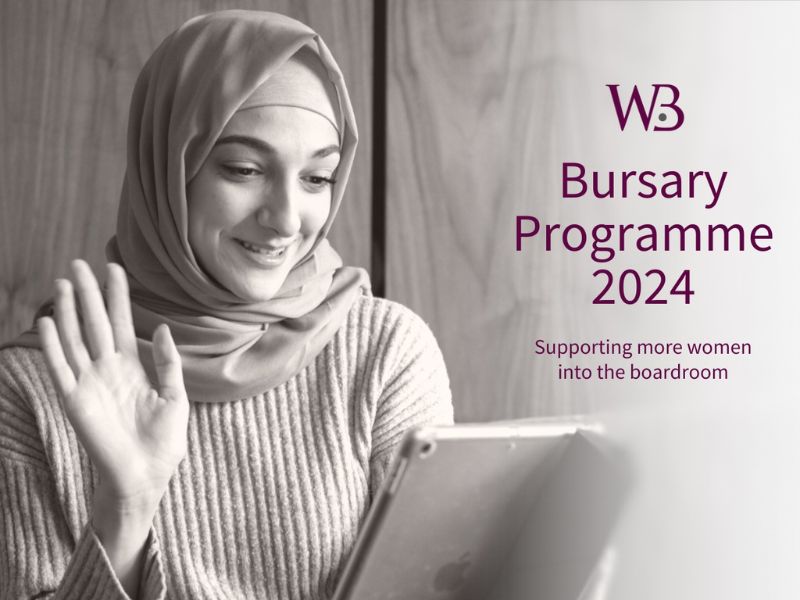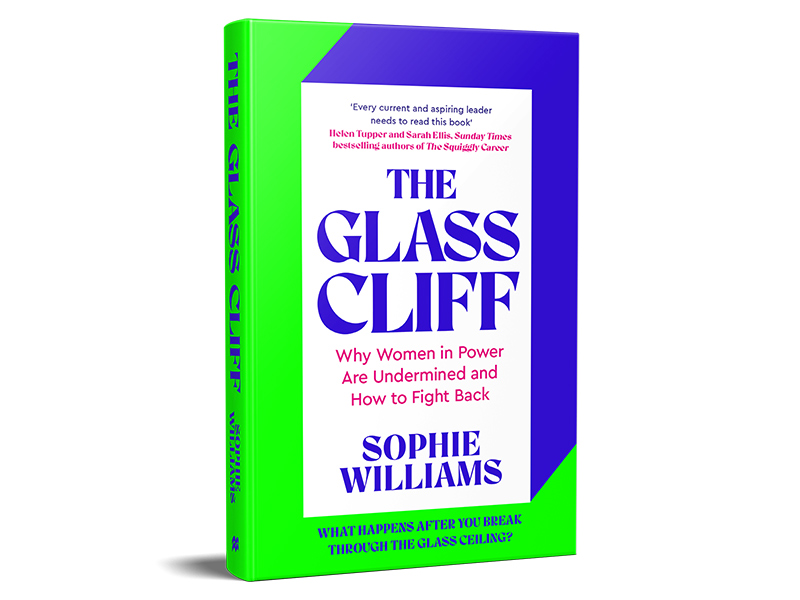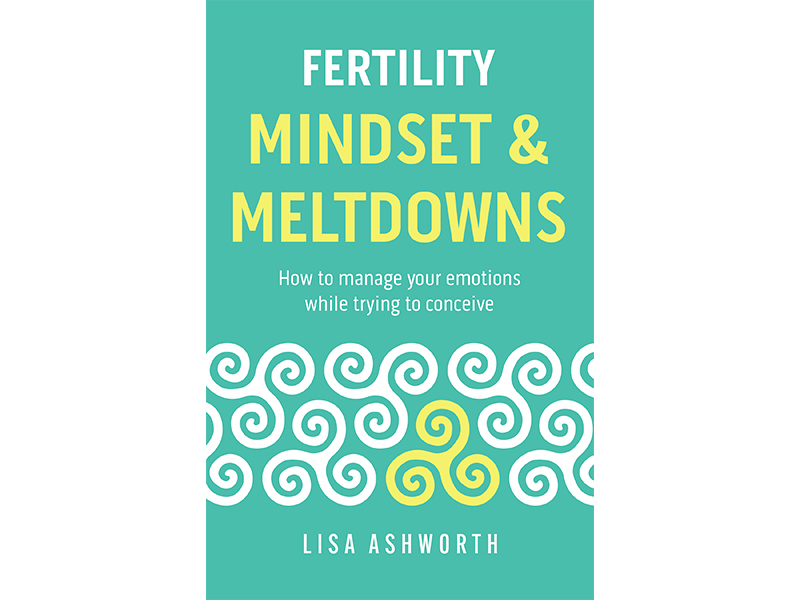 Samantha is CEO at Moneyhub Enterprise where she brings over a decade of experience in Financial Services.
Samantha is CEO at Moneyhub Enterprise where she brings over a decade of experience in Financial Services.
Her passion and focus is to harness the power of tech in a manner that will benefit the end consumer. Samantha recognises that consumers are suffering an engagement crisis when it comes to their finances and believes that businesses and policy makers should take more responsibility in ensuring that consumers are equipped to make better financial decisions.
Prior to her position at Moneyhub Samantha held key senior roles at Momentum, e-Value and Towers Watson where she was involved in leading the development of the digital financial planning solutions. Throughout her career Samantha has strived to make a genuine difference to consumer’s financial wellbeing by growing customer relationships.
Tell us a bit about yourself, background and your current role
Where do I start! I am wired to get things done. I start my days early and ride at least one of my two highly talented event horses with our family dog joining the fun. I suspect it takes an Australian to appreciate the unique privilege it is to be able to ride through such incredible countryside on tracks specifically designed for that purpose as opposed to being greeted by many a “trespassers will be prosecuted” sign on any land that is not government owned when I grew up!
My work has always focused on technology and the application of it so that it makes a positive difference for business and the people who use it. I began my career as a consultant at Towers Perrin (now Willis Towers Watson) and loved it not only because of the people I worked with, but also tackling the challenges faced by clients. Joining eValue as CEO and taking it from an idea to a highly successful independent business was amazing and it definitely developed my skills and confidence in a way that I could not have foreseen.
Joining Moneyhub has been a dream come true for me. The role takes all that I have learnt so far and combines my unwavering interest in the application of technology to solve real problems people have in relation to their finances.
Did you ever sit down and plan your career?
Apart from when picking subjects to study for my TEE (Australian equivalent of ‘A’ Levels) – no! I was very fortunate to have two interventions that did have a direct impact on the career I have had so far.
The first was due to my father. At age 15 going on 16 I didn’t think it mattered what subjects I studied as I fully intended to finish school and ride racehorses for a living. My father, who was very supportive of my horsey addiction despite him being terrified of horses, told me in no uncertain terms that I was to go on to University. He made it clear that if I was academically talented enough to go to University I should do so, underlining the need for a good back up career should riding racehorses not be an option. As it’s not the safest of career choices, he definitely had a point.
The second intervention came from a close family friend who was mortified that I had chosen Nursing as my “back-up” career to riding horses. He told me I would make a dreadful Nurse in his opinion and that surely I could think of a better match in terms of career choice. My best friend was going to be a Nurse so it seemed like a good option to me. We discussed all the various other options available and the one that piqued my interest in was a “Systems Analyst”. Fast forward a couple of years and I was studying for a Bachelor of Business with a major in Information Systems. I grew up considerably whilst at University and never earnt a living riding racehorses. Instead, I started my ‘career’ with Telstra as a graduate programmer and set out on the path that led me to where I am know.
Without these two interventions my life would be very different so I am very appreciative of my father and his good friend for the advice and guidance.
Have you faced any challenges along the way? How did you deal with them?
Of course – many! Fundamentally I’ve found that by being pragmatic, positive and not too precious I think you can deal with most of what life throws at you. Being inquisitive, receptive, and open to learning new skills have all stood me in good stead. However, the best by far is just wanting something – because without wanting whatever it is first you just won’t achieve it. Don’t be scared to want something and then make sure that you take the time to enjoy the journey achieving it.
Do you have a typical workday? How do you start your day and how does it end?
It starts early – riding one or two of my event horses and taking the family dog out with me too. Then I jump in the car to our office in Bristol or to the local train station if I’ve got to be in London. A typical day of mine will have a mixture of meetings, calls, reading material, and trying to get work done while navigating the dreaded world of emails. I’m home anywhere between 7 and 9pm when I do the late evening feeds for the horses, which I find quite therapeutic. Once the horses have eaten my husband and I will sit down for dinner. Then sleep and repeat.
Have you ever faced sexism in the workplace? How did you respond/deal with this?
I didn’t face sexism in the workplace in my career until I reached the boardroom. Sadly, I’ve had to acknowledge that people I trusted and worked with were quite set in their ways and held sexist views that I just didn’t think possible. Can you imagine being told by a Chairman that the only way he felt we were ever going to control a difficult investor is to take on a “hairy arsed bloke” to do so? Worse still I don’t think people like this even realise they hold sexist views. Which makes it even more difficult to solve.
As we move into a more open era of communication, there’s greater support for those that are willing to confront these views internally. But in some cases, the best option is to move on. Either find a better environment to work in or maybe consider starting your own business.
How would you encourage more women and young girls into a male-dominated career?
We’ve made huge strides in recent years shifting perceptions and while some industries may still be male dominated, the culture is certainly changing. I would urge women and young girls to not focus on whether an industry is male dominated, but rather dare to think about what they want to achieve and just go for it. A lot of people “fall” into their career rather than making a conscious choice about it, but those that are goal oriented tend to make it further. By doing something that you’re passionate about you’ll be in a great position to succeed.
It’s here that mentoring can play a really important role. Those that are starting out should not be afraid to talk to people that have already trodden that path, and those that have navigated the environment already should take the time to talk about their experiences and lend an ear to the next generation. Every industry has women that have already blazed a trail, and most of them are only too eager to help those coming after them.
How do you feel about mentoring? Have you ever had a mentor or do you mentor anyone?
Mentoring is brilliant but it takes trust and honesty on both sides so I’d only recommend you mentor or be mentored if you can find that relationship or it just won’t work. I’ve got a few people I will turn to for advice but one in particular for real mentorship when I am really challenged and she is wonderful. I try and pass on that insight and mentor a few people myself which I find hugely rewarding.
If you could change one thing for women in the workplace, what would it be?
Flexibility around working hours – for women and men. The biggest challenge at the moment is how family commitments and responsibilities can appear to limit progression. I can’t understand why the working day needs to be 9 to 5 anymore. Even factories operate 24/7 so it is rare that an industry is tied to 9 to 5.
We offer a flexible working arrangement in Moneyhub and have found it works so well for all. It has helped one particular individual stay employed full time as opposed to having to take a part time role which they would have had to otherwise, and didn’t really want to.
What would be wrong with someone working 10am to 2pm and 8pm to 9.30pm Monday to Friday with a few more hours over the weekend to suit the individual if that meant a person could keep doing their job full time over a five to ten year period when they may have had to go part time or not work at all whilst juggling the demands of parenthood for example?
What has been your biggest achievement to date?
There are a few that stand out so I’m afraid I can’t pick one!
From a career perspective I’m hugely proud of building eValue from scratch with three other founding partners and growing it to a multi-million pound business that is still going strong. Building on Moneyhub’s strong foundation and driving it to commercial success with an amazing group of people has been particularly rewarding, and the future is even more exciting.
But all this was only possible because of my husband and I taking the leap to move over from Australia and making our home here. Everything else stems from that.
What are you hoping to achieve in the future?
I’m passionate about using technology to transform people’s relationship with money and my main focus on is helping people unlock the opportunities offered by the Open Banking initiative. I am very excited by what it can do for people – across such a broad spectrum too – from young children to the elderly the potential is incredible.
I can’t wait for it to find its feet this year because once up and running, consumers and businesses will be amazed when the full potential is realised. And with Moneyhub at the forefront, the sky’s the limit as to what we can achieve.




















